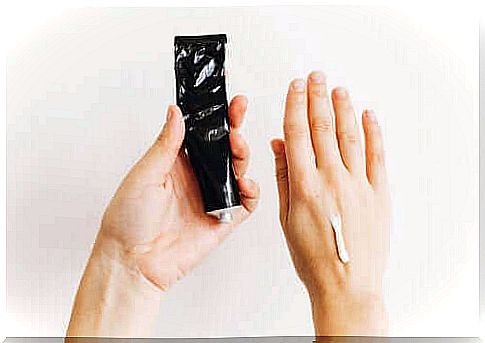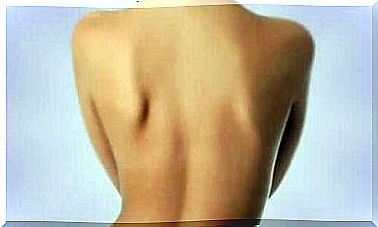Features And Applications Of Diprogenta

Diprogenta is the name of a drug formulated by the combination of betamethasone dipropionate and gentamicin sulfate. It is used as a treatment for inflammation from infected dermatosis. It is a cream and therefore can only be used topically, ie externally.
What is Diprogenta?

Diprogenta is a drug with two different active ingredients: corticosteroid betamethasone. as dipropionate, and the bactericidal antibiotic gentamicin (Spanish link) in the form of sulfate.
Betamethasone dipropionate (Spanish link) has anti-inflammatory, immunosuppressive and antiproliferative properties. Corticosteroids inhibit inflammatory and allergic skin reactions when used topically. They have a vasoconstrictor effect and thus their immunosuppressive properties reduce hypersensitivity.
As you can read, these substances relieve symptoms such as erythema, edema and also itching, burning and pain. Its anti-inflammatory effects result from the inhibition of the formation, release and activity of inflammatory mediators.
Similarly, gentamicin sulfate is an aminoglycoside antibiotic with a bactericidal effect. The mechanism of action inhibits the protein synthesis of the bacteria. In general, gentamicin acts against many gram-negative and some gram-positive aerobic bacteria.
Directions for use of Diprogenta
This ointment can relieve inflammatory symptoms of corticosteroid-responsive dermatoses, especially when complicated by secondary infection caused by gentamicin-susceptible microorganisms.
These dermatoses may include the following:
- light dermatosis
- Eczema
- Psoriasis
- Dyshidrosis
- Exfoliative Dermatitis
- Lichen planus
- neurodermatitis
- Contact dermatitis
- Atopic and seborrheic dermatitis
As we mentioned above, this drug reduces inflammation and relieves itching and discomfort. In addition, it allows for possible infections that are sensitive to the action of gentamicin. However, keep in mind that you should not use it for more than two weeks. It can cause bad side effects.
Possible side effects of Diprogenta

The side effects that can occur as a result of taking this drug for a long time or for treating large areas of the body include:
- Atrophy of the skin
- Inflammation of the hair follicles
- Allergic Reactions and Infections
- Redness, acne and rash
- Dry skin or hyperhidrosis
Other serious side effects include changes in the skin and other systems and even in the developmental process of children. Furthermore, gentamicin may be tolerated (Spanish link) but facilitate future infections resistant to this antibiotic.
This drug has more aggressive reactions that can slow normal growth in children, for example. Therefore, you should not use this medicine in children under 12 years of age.
Precautions and Contraindications
As we said above, do not use this drug in children. Furthermore, pregnant women should also avoid it, especially during the first trimester, as well as those who are breastfeeding.

People who are allergic to the components of this drug should also not use it. Also, do not use it for viral or fungal infections, syphilis, tuberculosis, oral, ocular or genital inflammation.
Do not use this medication on large areas of skin, skin covered with bandages, or areas with skin folds. These latter places lend themselves to the proliferation of bacteria and fungi (Spanish link) and you can develop resistance to them.
Furthermore, in cases of psoriasis associated with an infection, a doctor should supervise the use of this drug and monitor it closely. Also remember that you should never use diprogenta on open wounds.
Any use of this drug on other skin conditions will only camouflage the symptoms and preclude a proper diagnosis by a dermatologist.
Finally, diprogenta has potent antibacterial and anti-inflammatory effects. The drug is non-toxic and has very good systemic tolerance, as long as you follow all instructions and contraindications.









